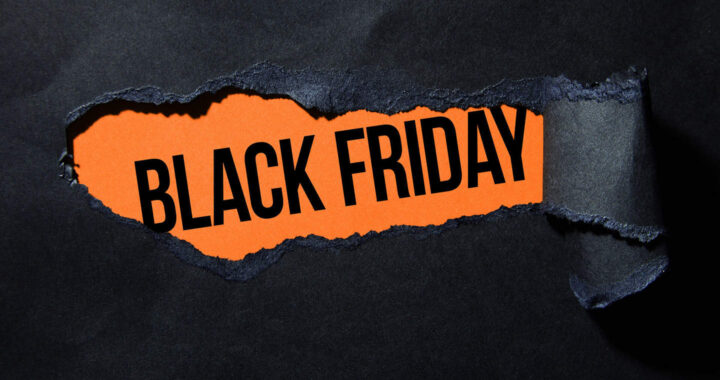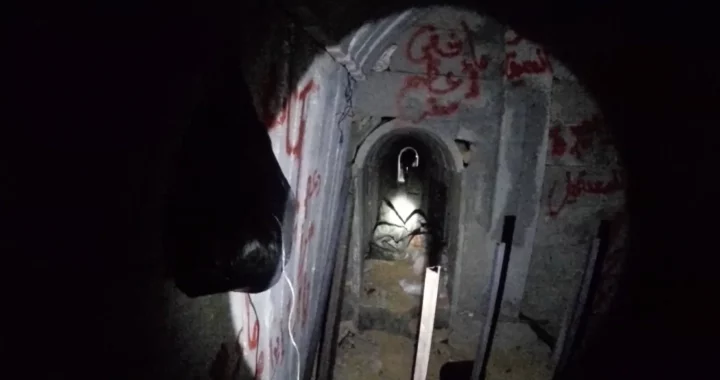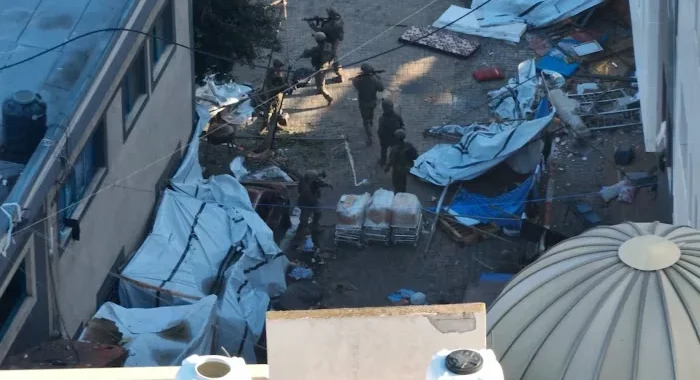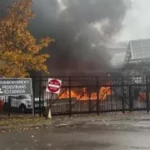Owner of New Zealand’s Volcano Found Liable for Safety Negligence
This ruling marks the conclusion of legal proceedings initiated following the 2019 White Island eruption, which claimed the lives of 22 individuals.
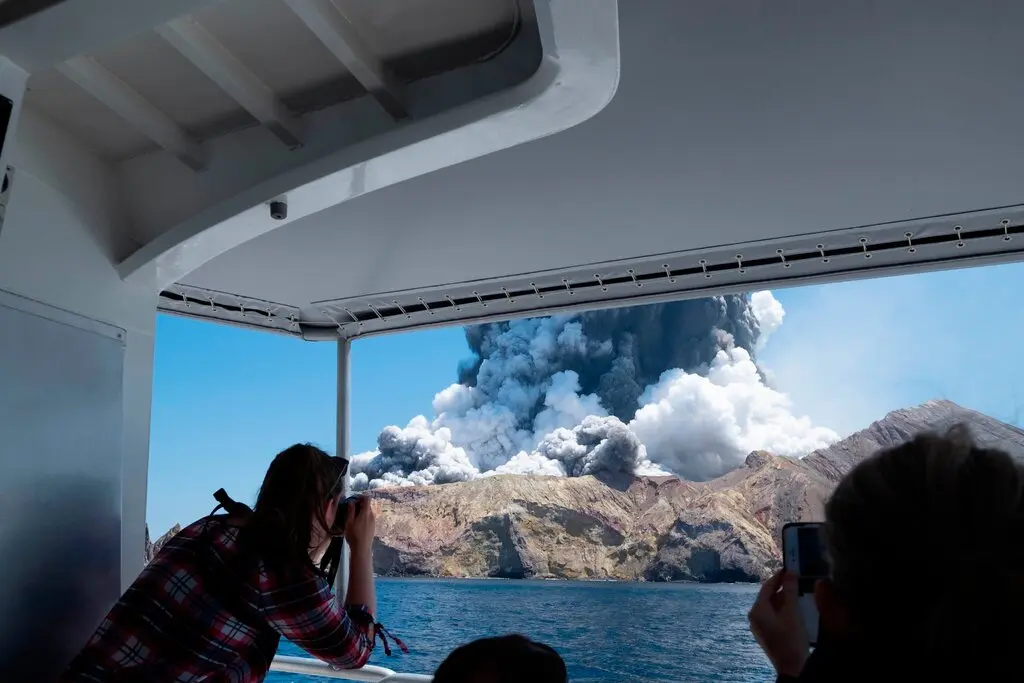
Justice Served: Landmark Verdict Holds New Zealand Volcano Owner Accountable for Tragic Safety Failure
In a culmination of a lengthy legal battle, a New Zealand court has delivered a verdict nearly four years after the catastrophic eruption on White Island that left 22 people dead. This heart-wrenching tragedy shook the world in December 2019, and its aftermath has been marked by painstaking legal proceedings and the pursuit of justice for the victims and their families.
On Tuesday, the court in Auckland issued its judgment, finding Whakaari Management, the company that owns White Island, guilty of violating a critical safety law. This decision represents a significant milestone in a complex legal saga that began with New Zealand’s workplace regulator taking action against multiple entities, including government agencies, involved in the events leading up to the deadly eruption.
The core issue at the heart of this verdict is a violation of the Health and Safety at Work Act, which mandates that entities like Whakaari Management ensure the safety of individuals visiting the island. According to the judge’s findings, the company failed to perform the necessary risk assessments and neglected to engage with experts to evaluate and mitigate the dangers associated with allowing tourists to visit an active volcano. In the words of Judge Evangelo Thomas, “This was a major failure.”
Notably, another charge against Whakaari Management, alleging the company’s failure to minimize health and safety risks for workers on the island, was dismissed. This outcome signifies the end of a protracted legal battle that has been marked by complexity and numerous defendants.
The eruption that took place on White Island on December 9, 2019, was a devastating event that claimed the lives of 47 people. These included tourists on the island and their guides, with a substantial portion of the victims hailing from Australia. When WorkSafe, New Zealand’s workplace safety watchdog, pursued charges against 13 organizations and individuals for their failure to meet workplace health and safety obligations in the lead-up to the disaster, they emphasized that the eruption, although unexpected, was not unforeseen.
Phil Parkes, the former chief executive of WorkSafe, expressed that both workers and visitors had every right to expect that the organizations involved had taken all necessary steps to ensure their safety. This placed immense responsibility on the shoulders of those in charge of managing and controlling the island.
Throughout the legal process, six organizations pleaded guilty before the trial commenced in July. Additionally, six other parties saw their charges dropped prior to or during the trial, leaving Whakaari Management as the sole remaining defendant.
Among those who were absolved of charges were the three brothers who owned Whakaari Management, namely Andrew, James, and Peter Buttle. All three faced individual charges related to their failure to ensure their company met its health and safety obligations. The lawyer for the company, James Cairney, argued that Whakaari Management was merely the landowner of White Island and didn’t have control over the tours that took place. However, WorkSafe countered this argument, asserting that the company was indeed responsible for the island’s safety as it served as their place of business.
Ultimately, Judge Thomas sided with WorkSafe, determining that Whakaari Management had a duty of care to manage and control the volcano as a workplace and had failed to minimize the risks associated with it. Consequently, the company, along with the six other parties found guilty, is set to be sentenced in February, and each may face fines of up to 1.5 million New Zealand dollars, approximately $876,000.
This verdict highlights the critical importance of safety measures and vigilance when it comes to managing sites with inherent risks such as active volcanoes. The tragic events on White Island serve as a painful reminder of the devastating consequences that can result from failing to prioritize safety and adhere to established regulations.
In the years following the eruption, experts have continued to monitor White Island closely. GeoNet, New Zealand’s geological hazard monitoring network, has been utilizing machine learning and seismic data to assess the island’s volcanic activity. Their goal is to develop a deeper understanding of the volcanic processes at play and to provide early warning signs that may help prevent future tragedies.
The lessons learned from the White Island disaster extend beyond New Zealand’s borders. It underscores the imperative of implementing stringent safety protocols in any location with potential hazards. Safety must always be paramount, whether it involves ensuring the well-being of tourists visiting active volcanoes or safeguarding the lives of workers in any industry.
The verdict against Whakaari Management serves as a potent reminder that those responsible for the safety of others must uphold their obligations diligently. In this case, justice is not only for the victims and their families but also for the principle that safety and well-being should never be compromised, no matter where you are on this planet.
By: M Z Hossain, Editor Sky Buzz Feed
